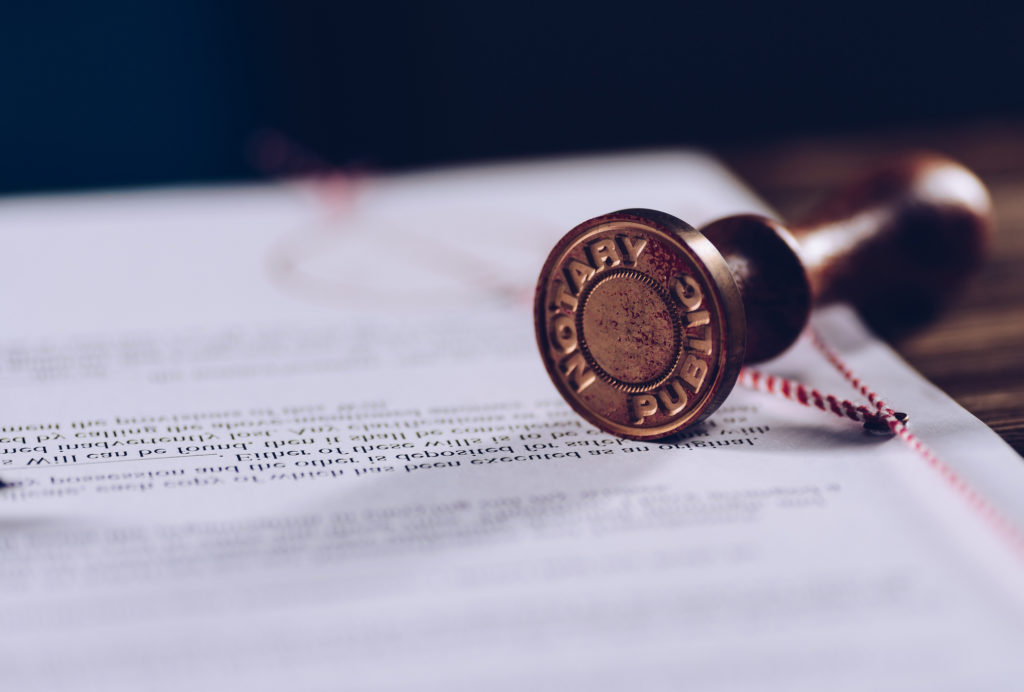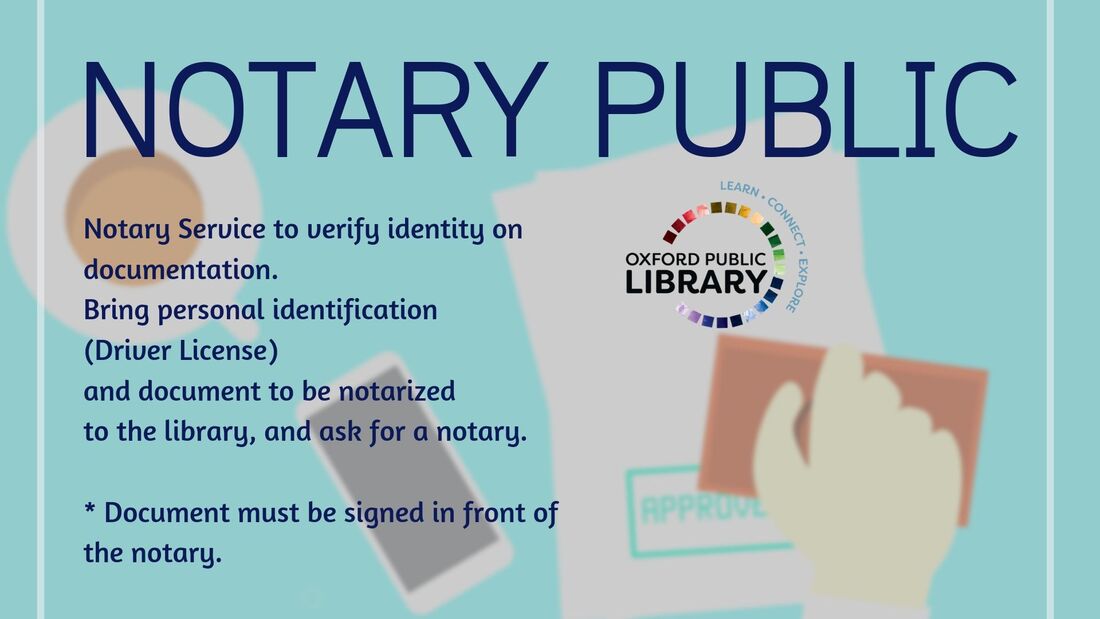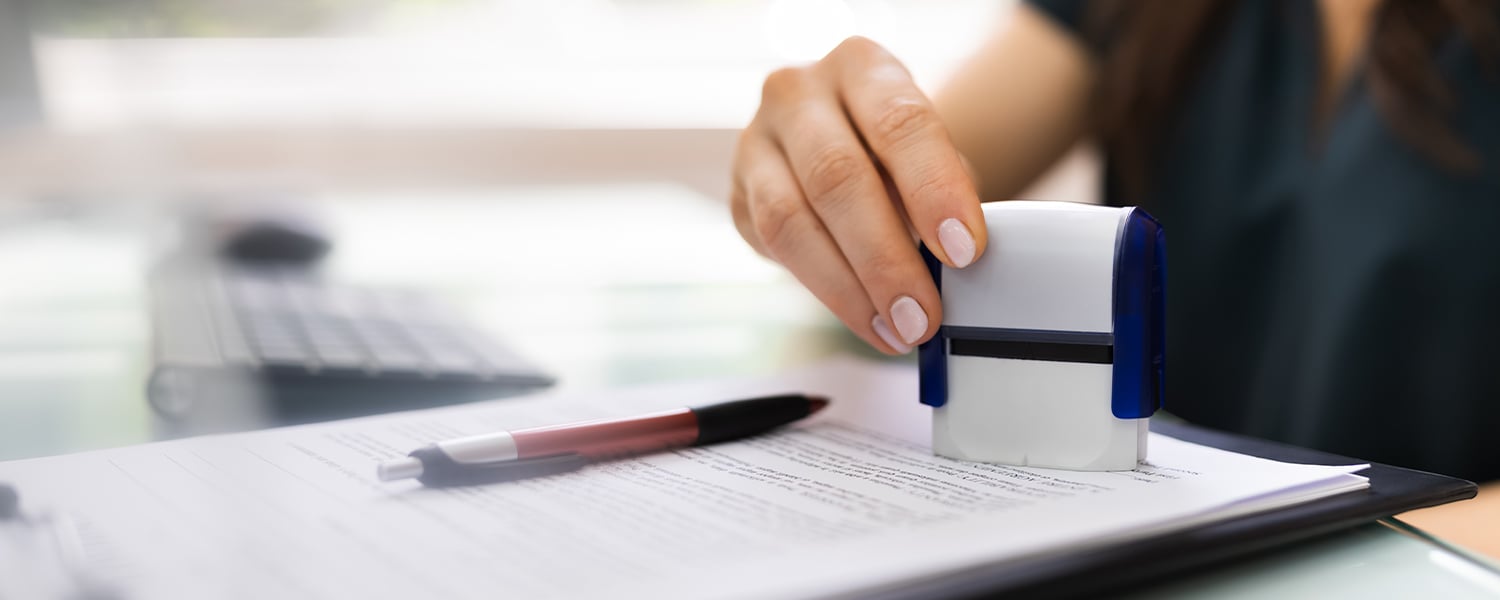Understanding Apostille: Simplifying International Document Legalisation
Understanding Apostille: Simplifying International Document Legalisation
Blog Article
Demystifying Notarial Job: Streamlining the Function and Relevance of Notaries
In the detailed internet of legal documents and confirmation, notaries stand as pillars of guarantee and credibility. Their duty, commonly shrouded in enigma for many, brings significant weight in making certain the credibility and stability of important files. As guardians of validity and truth, notaries play a critical component in our culture, yet their work is not always fully understood. By unraveling the intricacies surrounding notarial methods and losing light on the value of their acts, a more clear understanding arises of the essential function notaries play in promoting the fabric of contractual and legal contracts.
The History of Notarial Job
Exactly how did notarial job progress gradually to become an important component of legal and company purchases? The history of notarial work days back to old people, where scribes played a critical role in tape-recording essential info and verifying documents. As cultures progressed, the demand for an extra formalized system to make sure the validity of arrangements emerged. This caused the development of notaries, individuals assigned by the state to act as objective witnesses in lawful issues.
During the Center Ages, notaries got prestige in Europe, with their features expanding to consist of composing legal records, certifying trademarks, and maintaining documents. The rise of global trade better stressed the relevance of notarial work in verifying contracts and arrangements throughout boundaries.
In the contemporary age, notaries continue to play a crucial role in legal and company deals by verifying identifications, validating the credibility of papers, and stopping fraudulence. Their duty in accrediting the credibility of contracts includes a layer of safety and depend the ever-evolving landscape of business and law.

Tasks and Duties of Notaries
Notaries play a vital role in verifying the credibility of documents and the identification of notaries. One of their primary responsibilities is to witness the signing of important files, such as deeds, wills, and agreements, to ensure that all parties are getting in right into arrangements knowingly and voluntarily.
Additionally, notaries are charged with providing affirmations and oaths, which are essential in legal process and the execution of testimonies. They certify copies of initial files, providing assurance to organizations that the copies are real replicas of the originals. Notaries have to maintain accurate documents of all transactions they look after to ensure openness and accountability. Generally, the obligations and responsibilities of notaries are vital in guarding the honesty and legitimacy of various papers and transactions.
Notarial Certificates and Signatures
Exhibiting careful attention to detail, notarial certificates and trademarks serve as important components in verifying the credibility of lawful papers. Notarial certifications commonly contain vital details such as the day of registration, the names of the notaries, a summary of the paper, and the notary's official seal. These certificates offer a clear document of the notarial act, making certain that the paper can be conveniently determined and mapped back to the notary who supervised the procedure.
Trademarks play an essential function in notarial work, as they indicate the contract and approval of the parties involved. check these guys out Notaries very carefully witness the finalizing of documents to validate the identity of the notaries and verify that they are authorizing of their own free choice. By affixing their main seal and trademark to the paper, notaries certify over here that the essential procedures have actually been complied with which the paper is valid and enforceable.
Basically, notarial certificates and signatures are the characteristic of credibility in legal deals, providing guarantee to all events entailed that the files are legit and binding.
Relevance of Notarial Acts

Notarization Process Explained
The registration procedure commonly begins with the individual providing the file to a notary public. Once the identification is validated, the notary guarantees that the individual authorizing the record does so willingly and without any type of threat.

Conclusion

Notarial certifications normally have essential info such as the day of notarization, the names of the signatories, a summary of the paper, and the notary's official seal. These certifications give a clear document of the notarial act, ensuring that the document can be easily determined and mapped back to the notary that supervised the procedure.
By attaching their main seal and signature to the record, notaries certify that the required treatments have been adhered to and that the file is valid and enforceable.
By verifying the identity of the signatures, confirming their readiness to enter right into the agreement, and certifying the date and area of the finalizing, notaries play a vital function in maintaining the validity of legal documents.After the record is authorized, the notary will fasten their main seal or stamp onto the document.
Report this page